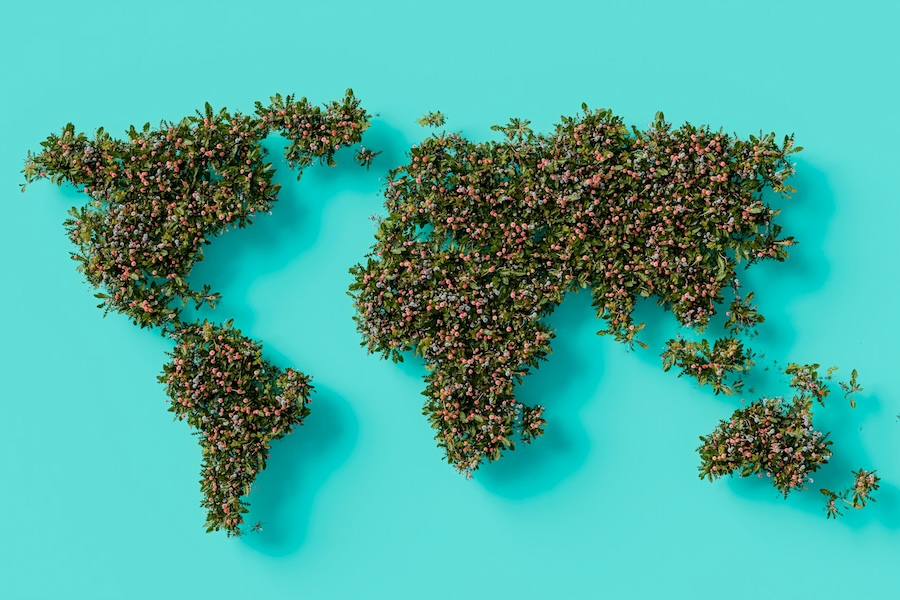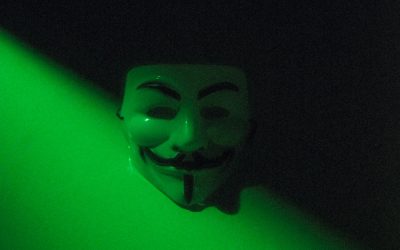Drivers and Consequences of Russia’s Academic Isolationism.
Theodore P. Gerber
Photo: The isolation and destruction of Russian science has far-reaching adverse consequences for individual researchers, scholarly institutions, and global scientific communities. Photo by A Chosen Soul on Unsplash
“Undesirable” Status
On June 5, 2025 the Russian government designated the Association for the Advancement of Slavic, East European, and Eurasian Studies (ASEEES) as an “undesirable organization.” This effectively outlawed it in Russia and subjected Russian citizens who cooperate with it domestically or abroad to fines and possible jail time.
ASEEES joins impressive company of recent designees, including Amnesty International, the British Council (which administers the globally-used IELTS English-language exam), and Yale University, plus numerous prominent scholarly institutions, think tanks, and media outlets previously deemed undesirable.
“Undesirable” status might elicit a certain awe for ASEEES—after all, how many professional associations of mostly historians and literary scholars can claim to so threaten a mighty government like Russia’s as to merit banning? But it also provides occasion to reflect on Russia’s rapid descent into academic isolationism since launching its full-scale invasion of Ukraine in February 2022.
Academic Isolationism
Early 2010s. In fact, Russia’s academic isolationism counters a significant effort the country launched in the early 2010s to raise the international profile of its scholars by investing in research-oriented institutions, recruiting foreign professors, and incentivizing faculty to publish in top international journals.
Yet, even as these measures started showing results, Russian universities faced growing pressure to curb dissent in their ranks as the Putin regime tightened the screws on civil society in the decade preceding the full-scale invasion. Thus, government policy was ambivalent, promoting internationalization while imposing ever-stricter controls on academic freedom.
After February 2022. That changed with the full-scale invasion. Russian authorities enacted a series of measures to bring university administrators to heel and enlist them in quashing dissent, converting their organizations into propaganda machines for Putin’s regime, and compelling faculty and students to profess support for the war.
- Numerous individual scholars have been prosecuted for espousing anti-war or oppositional viewpoints;
- Many students and faculty have been expelled or dismissed from positions.
In this context, criminalizing the participation of Russians in ASEEES is just another nail in the coffin of their academic freedom. Its burial inspired some 2500 scholars to flee Russia in 2022-2023, while self-censorship appears widespread among those who remain.
Limitations of Russian
Those who departed Russia have had a mixed reception at best. Motivated by sympathy for Ukraine and security concerns, some Western governments have restricted their legal entry. Scholarly institutions have curtailed scientific collaborations, suspended fellowships, and limited student admissions from Russia.
Efforts to “de-colonize” some social science and humanities fields have redirected their traditional focus on Russia to Ukraine and other countries in Eurasia, limiting the demand for expertise on Russia in these disciplines.
Besieged with competing requests to support scholars from countries that have suffered from Russian aggression, private donors that had previously sponsored exchanges for Russian scholars have moved on.
The Trump administration has initiated its own campaign against academic freedom and scientific research in American universities, cutting federal funding, banning diversity, equity, and inclusion programs, targeting area studies, and punishing American institutions unless they accede to demands for direct government control of curricula, student admissions, and faculty hiring processes. This makes American universities inhospitable territory for scholars-in-exile from Russia.
Personal Consequences
The isolation and destruction of Russian science has far-reaching adverse consequences for individual researchers, scholarly institutions, and global scientific communities.
Russian scholars face a cruel dilemma:
- remain in Russia and either accept severe government restrictions on professional activity, international isolation, and declining funding
- or else leave science or emigrate.
The output of Russian science—which already lagged behind most other post-Soviet countries in key performance indicators once Russia’s size is accounted for—has declined. Russian scholars-in-exile face challenges in securing permanent positions. After several years enduring short-term appointments, many now face having to abandon research for lack of professional employment. Those who remain researchers—a handful of programs still support them—are reminded by actions such as the criminalization of ASEEES participation how difficult it is to retain ties with their homeland.
Russian Area Studies
Non-Russian academic and expert communities who have devoted careers to understanding Russia’s politics, economics, society, history, and culture will recall the post-Soviet period through February 2022 as a golden age of access to data, collaborations with Russian scholars, and high demand from academics and policymakers for their expertise.
Although Russian area studies within Western academic disciplines faced various challenges, they pale by comparison to the tsunami-like impact of the full-scale invasion. The Putin regime’s authoritarian policies make it impossible to travel to Russia to conduct interviews, ethnography, or archival research and difficult to trust survey data.
Tellingly, the Russian government recently even stopped reporting basic demographic information like the number of births, deaths, and marriages.
While research collaborations with Russian scholars-in-exile continue, few of them work in sustainable situations. Their direct knowledge of the situation in Russia will wane with time as the Putin regime seeks to sever remaining ties through actions such as criminalizing links to ASEEES.
Lack of access to data on Russia (apart from various digital materials) deters younger scholars from pursuing expertise on the country. The Trump administration’s broad rejection of scientific knowledge hardly portends a resurgence of policymaker interest in expertise on Russia.
* * *
Some may see in the decline of Russian universities and their withdrawal into isolation from international scientific communities a welcome rejection of Western-centric models of science in general or of Russo-centric approaches in particular disciplines.
However, critics of Western science have not proposed a better epistemology, and falling interest in Russia is unlikely to spur demand for more work on other Eurasian countries.
Thus, as the contributions of Russian scholars to global scientific output continue to decline, more of them quit Russia and/or science, and non-Russian researchers are cut off from data, there are no winners: even Russia’s government and population will be deprived of the benefits of vibrant science and universities.
Thus, despite the unfavorable environment for academic freedom and science in the United States under Trump and the urgent need to support scholars in Ukraine and elsewhere harmed by foreign invasions, it remains important to support Russian scholars-in-exile.





0 Comments